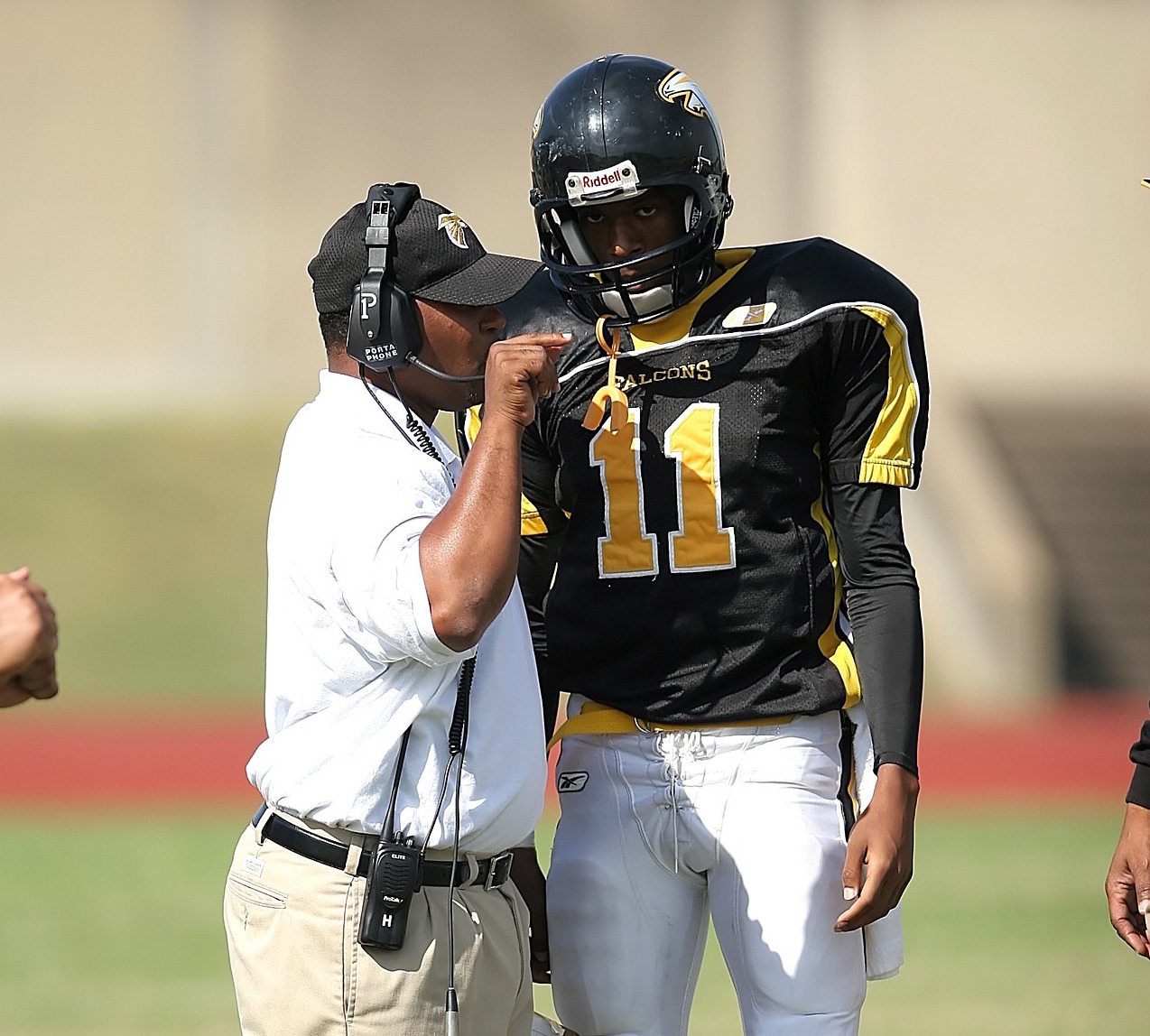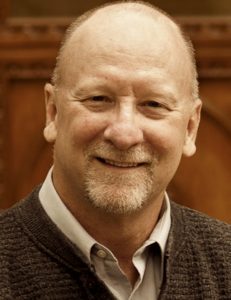
The Secret to Longevity in Marriage and Ministry
May 16, 2017
Build Leaders by Making Disciples
May 23, 2017How To Overcome Inevitable Resistance to Change

by Chuck Gianotti
“We never did it that way before!” You have sought the Lord’s guidance and are now leading His people in a new direction of ministry. But, there is resistance to change. Certainly, change can be misguided—like trying out the latest fad to sweep the Christian world. And change is clearly wrong if it involves compromising biblical principles or doctrine.
But, the Lord can also inspire change in ministry methods. The visionary elder or church leader longs to adopt Paul’s creative attitude in 1 Corinthians 9:23, “I have become all things to all men so that by all possible means I might save some.”
Every elder or leader eventually discovers that there tends to be resistance to new ideas and methods. It doesn’t take long for even a new church to fall “prey to the propensity” of people to resist change. A once innovative outreach can, after a few years, become the “way we do it at our church”—and implementing change becomes a major battle to the outreach, tempers flare, stubbornness surfaces and unity is endangered!
Where once a canoe was the only way to reach a remote group, now airplanes make short work of the travel experience. Pity the Christian who believes in the superiority of the paddle and superficially denounces the wing.
Most leaders are familiar with the common complaints against change:
- That is not “God’s prescribed method!”
- God’s Word and his ways never change.
- It worked before, it will work now—if we work harder.
- The reason we don’t see results anymore is that the church today is worldly.
- Change could cause division and God desires unity.

Each of these offers truth, but whether they address the real issues depends on the change in question. It is more helpful to discern the underlying causes for resistance—then real solutions and responses will be easier to come by. Here are a few:
- God might be using resistance to teach me, as a leader, something. Peter’s two-faced ministry was resisted by Paul (Gal. 2:11-14). Balaam was defied by a donkey (Num. 22). Put simply, we may be wrong in seeking a particular change, or seeking a good change in a particular way! God can use godly or stubborn instruments to confront us with our own shortcomings. Humble self-analysis is the first step in responding to resistance. Some of the greatest lessons in leadership are learned this way!
- Godly men sometimes disagree strongly on methods. Paul’s method of ministry required men who were not “quitters.” Barnabas’ method made room for a recovering “failure.” The two locked horns and parted ways—with no record of God’s judgment on either (Acts 15:36-41). Sometimes separate ministries are better than continued conflict.
- Those resisting change may feel threatened. To some, change may imply that what was done before was wrong or that their leadership is ineffective. People become personally connected with their ministries. It’s difficult to let go of something into which they have poured a great amount of themselves. And the more they have invested, the more difficult it is for them to change. You must humbly show respect to them. “All of you, clothe yourself with humility toward one another …” 1 Peter 5:5b. You need to affirm that the older way has had great value and has been blessed by the Lord. And, you need to help people understand that methods come and go, each having its purpose for a time and a place. What once was effective may become ineffective when circumstances change. We need commitment, not to our methods, but to our mission—to reach people for Christ and help them grow in their obedience to the Lord (Matt. 28:18-20). Effective leadership wisely chooses the best method at the right time. Even the requirements for deacon prototypes include being “full of the Holy Spirit and wisdom” (Acts 6:3). Their job was to organize a ministry for ignored widows, something that had never been done before!
- A method has taken the status of “thus saith the Lord.” Certainly, God mandates some methods, such as plurality of elders. But, some too easily assign the status of “biblical methods” to some “traditions” and personal, specific applications of the plurality of elders. There is much about eldership that needs to be decided that is not given biblical mandate. However, we must help people avoid elevating what was “a good way of doing things” to the level of universal biblical principles. Careful teaching about the flexibility and variety of the NT Church is essential. The corresponding opposite comment is, “I don’t see that method in the Bible.” Cars are not in the Bible either, yet we make good use of them in our ministries. Careful study and courageous application of Scripture is required to overcome this form of resistance.
- The sin of pride or stubbornness may be at the heart of resistance. This is especially difficult when it occurs in one of the “movers” of the church. This is the person who, though not spiritually mature, seems to always control the direction of things. They may be subtle and passive, using quiet, timely comments to deflate enthusiasm. Or they may be open, even belligerent. Paul had his Judaizers; John had his Diotrephes. You will have your detractors. These men must be openly rebuked (3 John 1:9). Change in ministry that comes from the Lord requires courageous men of God, willing to challenge the opposition of the ungodly.
- Sin of apathy and laziness. Some resist change because it will disturb the equilibrium of ministry. With the status quo, everyone knows where they fit, who is responsible for what and when. Ministry is comfortable and it is easiest to stay within one’s comfort boundaries. Change disrupts this and people need to overcome the inertia. The well-known principle from physics applies here, “The body at rest tends to stay at rest.”
- Fear of the unknown. People with negative attitudes, pessimistic outlook or unhealthy fear of the future will resist change, because it adds a whole new level of uncertainty.
 ABOUT THE AUTHOR: Chuck Gianotti (Th.M. Dallas Theological Seminary) has held leadership roles in four different churches since becoming a Christian in 1972 just out of university. He has been serving the Lord fulltime since 1983 in teaching, leading and writing ministries, and is currently the director of Biblical Eldership Resources (www.BiblicalEldership.com), an international ministry for promoting eldership and building up church elders and leaders with innovative online resources. Chuck has authored numerous books, pamphlets and blogs and speaks at camps, conferences and churches. He is married with two grown children and can be reached at .
ABOUT THE AUTHOR: Chuck Gianotti (Th.M. Dallas Theological Seminary) has held leadership roles in four different churches since becoming a Christian in 1972 just out of university. He has been serving the Lord fulltime since 1983 in teaching, leading and writing ministries, and is currently the director of Biblical Eldership Resources (www.BiblicalEldership.com), an international ministry for promoting eldership and building up church elders and leaders with innovative online resources. Chuck has authored numerous books, pamphlets and blogs and speaks at camps, conferences and churches. He is married with two grown children and can be reached at .


